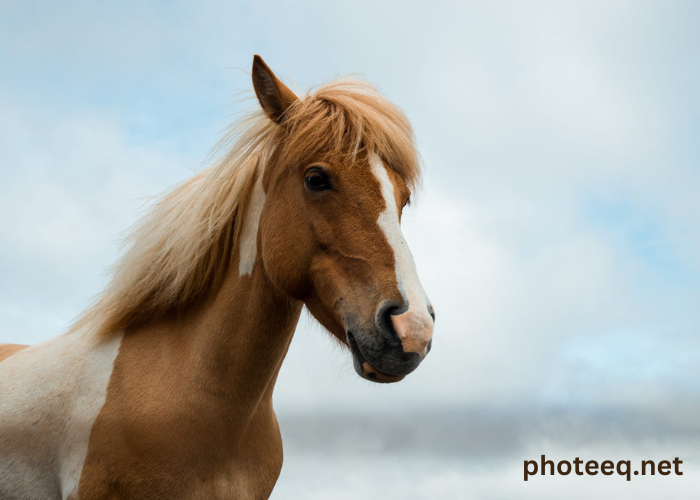Horses, majestic and powerful creatures, have captivated human imagination and played a pivotal role in shaping civilizations throughout history. Their elegance and strength have not only made them indispensable in various human endeavors but also established a profound cultural significance that transcends time and geography. This article delves into the multifaceted relationship between humans and horses, exploring their impact on history and their revered place in cultures around the world. Discover the latest horse racing tips and predictions on France Cheval Turf. Get expert insights and analysis to help you make informed bets.
The Historical Significance of Horses
The domestication of horses around 4000 BCE marked a transformative period in human history. Initially, horses were primarily used for their meat and milk, but their role quickly evolved as humans recognized their potential as transportation and labor animals. By 3000 BCE, horses had become crucial to the development of early civilizations, enhancing mobility, trade, and warfare.
Transportation and Trade: The introduction of horses significantly expanded the reach of ancient civilizations. Their speed and endurance allowed for quicker and more efficient travel, facilitating trade across vast distances. The Silk Road, an ancient network of trade routes, owes much of its success to the use of horses, which enabled merchants to transport goods between Europe and Asia.
Warfare: Horses revolutionized warfare, providing armies with unprecedented mobility and power. The chariot, pulled by horses, became a dominant military technology in ancient Egypt, Mesopotamia, and beyond. Cavalry units, comprising horse-mounted soldiers, played a crucial role in numerous historical battles, from the conquests of Alexander the Great to the Mongol invasions led by Genghis Khan. The speed and agility of horses allowed for swift and strategic maneuvers, often determining the outcome of conflicts.
Cultural Reverence of Horses
Throughout history, horses have not only been valued for their practical contributions but have also held a significant place in the cultural and spiritual life of various societies.
Mythology and Religion: Horses are prominent in the mythology and religious practices of many cultures. In Greek mythology, the horse is associated with Poseidon, the god of the sea, who is said to have created the first horse. The winged horse Pegasus symbolizes inspiration and poetic inspiration. In Hinduism, the Ashvins are twin horsemen deities associated with the dawn and medicine. The reverence for horses in these myths underscores their perceived power and nobility.
Art and Literature: The majesty of horses has inspired countless works of art and literature. From the cave paintings of Lascaux, depicting wild horses, to the equestrian statues of European monarchs, horses have been a symbol of strength, freedom, and nobility. In literature, horses are often portrayed as loyal companions and symbols of unbridled spirit. Classic works like Anna Sewell’s “Black Beauty” highlight the deep bond between humans and horses, advocating for their humane treatment.
Cultural Traditions: Horses play a central role in many cultural traditions and festivals. In Spain, the Andalusian horse is celebrated in events like the Feria de Abril in Seville, where equestrian parades and flamenco dancing showcase the breed’s elegance and agility. The Naadam Festival in Mongolia features horse racing as one of its “Three Manly Games,” reflecting the nomadic culture’s reliance on and admiration for horses.
The Modern Role of Horses
In contemporary society, the role of horses has evolved, yet they remain integral to various aspects of human life.
Sport and Recreation: Horses are central to numerous sports, including horse racing, show jumping, dressage, and polo. These activities not only celebrate the athleticism and grace of horses but also foster a deep sense of partnership between horse and rider. Equestrian sports are featured in the Olympics, highlighting their global appeal and significance.
Therapy and Rehabilitation: Horses are increasingly recognized for their therapeutic benefits. Equine-assisted therapy has proven effective in treating a range of physical, emotional, and psychological conditions. The bond between horse and human can facilitate healing and personal growth, providing comfort and support to individuals facing various challenges.
Conservation and Preservation: Efforts to preserve and protect horse breeds, particularly those that are endangered, reflect their continued importance. Organizations dedicated to equine conservation work to maintain genetic diversity and promote sustainable practices, ensuring that the legacy of these magnificent animals endures.
Conclusion
The majesty of horses is evident in their enduring influence on human history and culture. From their pivotal role in ancient civilizations to their revered place in mythology, art, and modern society, horses have left an indelible mark on the world. As we continue to celebrate and honor these noble creatures, we recognize the profound connection that has shaped our shared journey through time. The story of horses is, in many ways, the story of humanity itself—one of collaboration, mutual respect, and enduring fascination.







